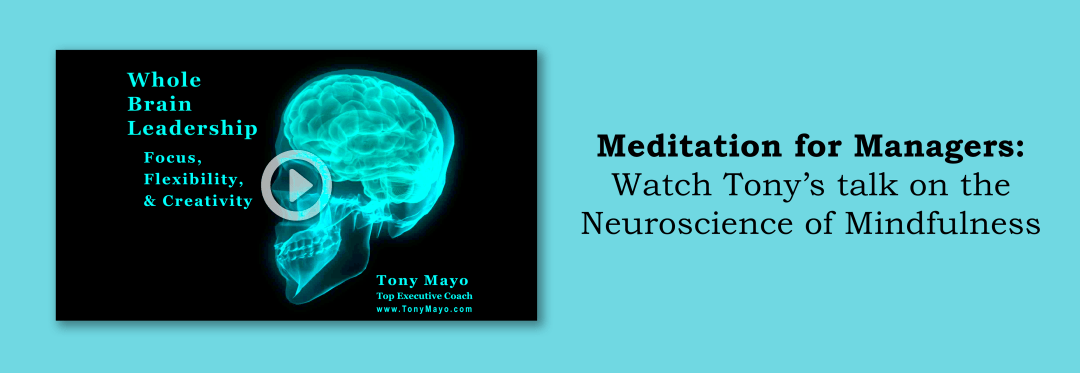Meditation Builds the Brain
Brain regions associated with attention, interoception and sensory processing were thicker in meditation participants than matched controls, including the prefrontal cortex and right anterior insula, areas shown to be involved in the integration of emotion and cognition. Meditators may be able to use this self-awareness to more successfully navigate through potentially stressful encounters that arise throughout the day.
Between-group differences in prefrontal cortical thickness were most pronounced in older participants, suggesting that meditation might offset age-related cortical thinning. Finally, the thickness of two regions correlated with meditation experience. Connections between sensory cortices and emotion cortices play a crucial role in processing of emotionally salient material and adaptive decision making.
The main focus of Insight meditation is the cultivation of attention and a mental capacity termed ‘mindfulness’, which is a specific nonjudgemental awareness of present-moment stimuli without cognitive elaboration. This form of meditation does not utilize mantra or chanting. Participants were not monks, but rather typical Western meditation practitioners who … meditated an average of once a day for 40 minutes, while pursuing traditional careers in fields such as healthcare and law [some were meditation or yoga teachers].
—Meditation experience is associated with increased cortical thickness
by Sara W. Lazar, Massachusetts General Hospital
Catherine E. Kerr, Harvard Medical School
Rachel H. Wasserman, Yale University and others.
See free, easy Meditation Instructions on this blog.


 That meditators are better able to concentrate and have steadier, more positive emotions has long been known. Regulation of emotion and attention occurs principally in the hippocampus, thalamus, and other specific parts of the brain.
That meditators are better able to concentrate and have steadier, more positive emotions has long been known. Regulation of emotion and attention occurs principally in the hippocampus, thalamus, and other specific parts of the brain. 

Recent Comments